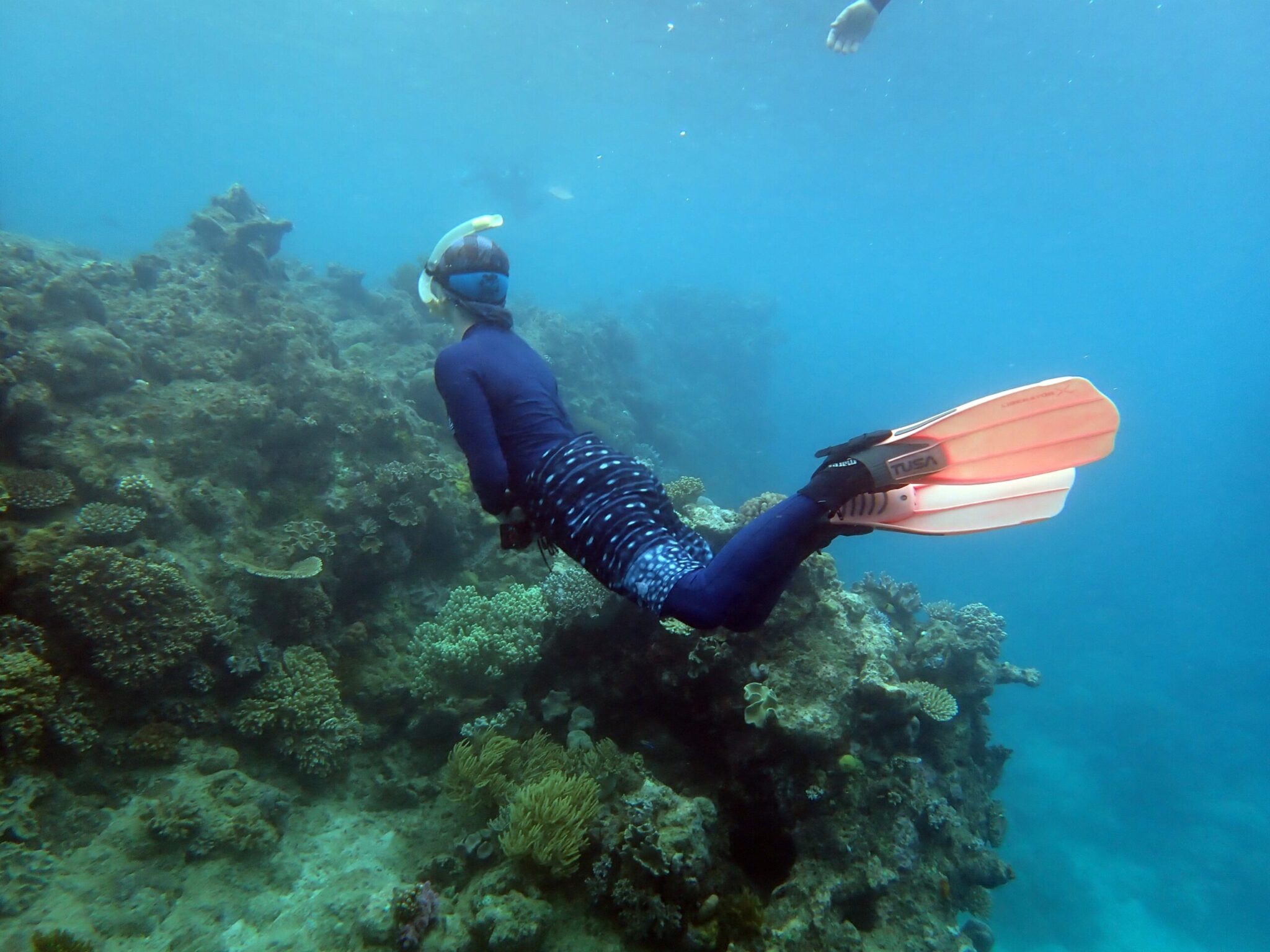To mark World Oceans Day, Cotton On Foundation, the philanthropic arm of the Cotton On Group, has committed $2 million to co-launch a world-first conservation project, ‘The Reef Cooperative’.
The new initiative, coordinated by Citizens of the Great Barrier Reef, brings together Traditional Owners Yirrganydji Land and Sea Rangers, James Cook University reef scientists, reef restoration experts Mars Sustainable Solutions and leading tourism operator GBR Biology.
Through the collaborative partnership, conservation efforts will be scaled up on the Great Barrier Reef, with Hastings Reef on Yirrganydji Sea Country, near Cairns, chosen as the first restoration site.
Seed and grow – JCU leads coral larvae project
Under The Reef Cooperative, James Cook University TropWATER Centre will lead the Coral Larval delivery program to help degraded reefs recover and replenish by seeding and growing new corals.
The project will see the delivery of 30 million coral larvae over three years on Hastings Reef, and other reefs, during the annual Great Barrier Reef mass coral spawning event.
Project lead JCU TropWATER’s Dr Katie Chartrand said the project would help to spur coral growth and boost local reef recovery.
“Climate change has resulted in more frequent marine heatwaves and cyclone damage combined with other impacts like crown-of-thorns starfish outbreaks – these repeated events are making it harder for damaged reefs to recover,” she said.
“This coral larval project is all about giving struggling reefs a better chance at recovering by boosting the number of available coral larvae for natural settlement.”
The project involves collecting coral spawn during the Reef’s annual spawning event and relocating the larvae to damaged reefs.
“The Reef Cooperative is an example of science, traditional owners, and industry partners delivering ground-breaking programs that could make a big difference to the recovery and resilience at key sites on the Great Barrier Reef,” Dr Chartrand said.
“This conservational model is designed to build resilience to damaged areas using a scientific approach while enabling greater capacity for traditional owners and tourism partners to share their perspectives and knowledge.”
 The Reef Cooperative – projects for the next three years
The Reef Cooperative – projects for the next three years
The three-year funding commitment will see the launch of The Reef Cooperative to deliver a major conservation program at degraded reefs with multiple projects interwoven to have greater collective impact.
In addition to JCU’s coral larvae project, 700 MARRS reef stars will be installed to aid in reef recovery, starting with the 250 at Hastings Reef. These stars are a ground-breaking restoration technology that will provide a stable base for coral fragments to grow on damaged sections of the reef.
Hastings Reef and other subsequent sites chosen as part of The Reef Cooperative will be maintained by Yirrganydji Sea Rangers or other Traditional Owners of their Sea Country. The rangers and Traditional Owners will engage tourists in reef conservation and protection with weekly tourism visits through Dreamtime Dive & Snorkel.
The Great Reef Census – a Citizens of the Great Barrier Reef initiative – will also be scaled up to survey the far reaches of the 2,300km Great Barrier Reef, both in-water and recruiting citizen scientists worldwide to help analyse the tens of thousands of Census images.
Andy Ridley, CEO of Citizens of the Great Barrier Reef said the scale of the $2 million investment from Cotton on Foundation for The Reef Cooperative allows for a rapid delivery of tangible conservation actions.
“With collaboration at its heart, The Reef Cooperative is designed to deliver highly scalable practical conservation outcomes on reefs across the 2,300km Great Barrier Reef and beyond.”
Tim Diamond, GM of Cotton On Foundation said the commitment, supported by a unique fundraising model in partnership with customers, will support an incredible collective of minds and organisations working directly on the Great Barrier Reef to address the issue of coral reef loss in the face of climate change and severe weather events.
“The conservation model is unique and through its focus on community, innovation, and knowledge sharing it has proven to transform one of the great environmental challenges in our own backyard. At Cotton On Foundation, we are proud to support Citizens of the Great Barrier Reef and this game-changing initiative.”
